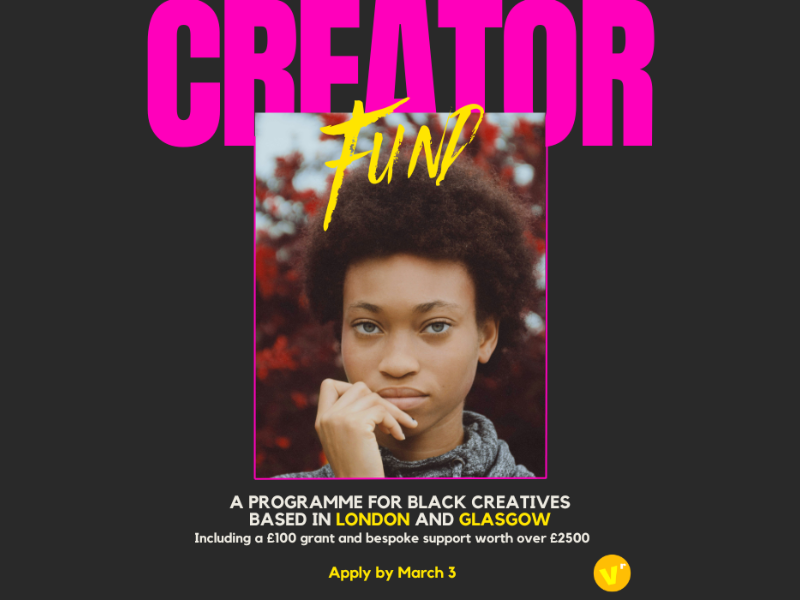 We are living and working in unprecedented times and in the aftermath of the health and wealth crisis of COVID-19 many companies of all sizes are being forced to lay off staff.
We are living and working in unprecedented times and in the aftermath of the health and wealth crisis of COVID-19 many companies of all sizes are being forced to lay off staff.
Redundancies seem inevitable. Faced with losing your job and having had three months in lockdown to reassess what you want from life, both personally and professionally, now might just be the right time to take the leap and go it alone as a freelancer. If you don’t try it, you might come to regret it and now might be the right time to pitch yourself to clients who might be risk averse to hiring permanent employees as we navigate uncertain economic times.
Freelancers and contractors get hired because of the value they can add to their clients’ organisation. Those who focus on communicating how they can add value will win better and higher value contracts. But how do you reach clients to let them know. Dave Chaplin is CEO and founder of contracting authority ContractorCalculator and the author of The Contractors’ Handbook – Third Edition, which provides all the advice freelancers and contractors need to know whether they are new to freelancing or experienced old-hands. He has some advice on marketing yourself as a freelancer and how to secure your next contract.
Your curriculum vitae, or CV, and LinkedIn profile have one purpose: to get an agent or client interested in speaking to you on the telephone with a view to lining up a client meeting for a new contract. They are the key marketing tools you will use to be shortlisted for a possible contract and start increasing your income. Think of them as your offline and online sales brochures – about you.
The crucial decision about whether or not you are shortlisted for a client meeting is made largely on the basis of these tools, to which the reader at the agency or client will devote perhaps 20 seconds for the first make-or-break reading. So, you need to approach developing your CV and LinkedIn profile as you would an “elevator pitch”.
Why you need a freelancer CV
To ensure a successful career as a freelancer, your CV needs special attention, even in today’s digital world where you have dozens of options on how to present yourself to prospective clients. That’s because it is possible to be really good at what you do, and really experienced at it, but your CV might not communicate this to a recruiter or potential client.
An effective CV does not detail your life story across several pages. Don’t expect the reader to take the time to fish out your qualities that are of use to them. You need to prioritise and present your relevant skills to them in such a way that you perfectly match the assignment’s requirements and clinch the contract.
Your CV needs to scream “I am your ideal solution” to the reader within 20 seconds of them picking it up
Your CV isn’t the only marketing tool you have at your disposal. It’s now seen as an essential requirement for contractors looking to progress their careers to develop their LinkedIn profiles, and widely acknowledged that those who don’t are missing out.
The importance of LinkedIn
Recognised by most – including clients and recruiters – as the only credible social media networking solution for professionals in the UK, LinkedIn has evolved significantly and now plays an important role for every party in the contracting supply chain. Clients frequently use LinkedIn to vet contractors who they are considering hiring; recruitment agents use the platform as a candidate database; and contractors use it as both a jobs board and a platform to network and market themselves.
With more and more contractors sourcing contracts via LinkedIn, and an increasing number of recruiters identifying candidates via their online profiles, it’s now critically important that you have a well-written and carefully optimised profile.
But it’s not simply a matter of presenting your CV in an online format. Your LinkedIn profile is expected to provide further value for the person reading it, be they an agent, client or colleague. If it is impressive enough, you’ll find that the contracts you previously had to search so hard for will start to come to you!
Think in terms of the value you can offer your client
Freelancers and contractors get hired because of the value they can add to their clients’ organisation. Those who focus on communicating how they can add value through productivity and profits, and not just on their specific expertise, will win better contracts.
Filling the pages of your CV with lists of sector-specific jargon, the equipment you are rated on or even the latest buzzwords that sound good, but don’t say what you’ve done with them, is likely to get your CV binned on the first scan.
And when you are at your client meeting, which for a freelancer is really a sales meeting, don’t ramble on about how you have just taught yourself the latest technology in your spare time, unless the job ad or client asks for it.
Demonstrate how you can measurably add value
Find out what your potential client values and what they are seeking to achieve from the project you are pitching for. Always include measurable outcomes of your projects in your CV and explain them subsequently during the interview. Spell out how you applied the skills and experience you have and achieved X outcome over Y timescale, which resulted in Z greater productivity/higher sales/bigger profits. If you are new to freelancing, recall your learnings from previous jobs.
Tailor the message to the client
One client may be seeking a safe pair of hands with years of relevant experience. Another might want experience within a specific area to help stretch its own team. But whatever the case, they will want to see what value you can add to their organisation.
Clients hire freelancers based on the proven and quantifiable value their skills and experience can offer.
And remember, a freelancer who secures a client meeting is not always the best person available for the contract but the best person at knowing how to market themselves and get a contract.
In a nutshell, remember:
- Your CV has one purpose: to attract interest and secure a client meeting
- A CV is your brochure, website, advertising campaign, etc. all rolled into one. It’s your “elevator pitch”
- Structure and target your CV for impact, demonstrating on the front page that you are perfect for the position
- The client does not want to hire you and teach you new skills. Your CV must demonstrate those you already have
- Make sure your list of achievements are things you’ve done for employers and hirers, and not for you! They must pass the “So what?” test
- Use multiple copies of your CV based on different roles you are applying for. Tailor each CV for each application
- Recruitment agents now use LinkedIn to identify candidates for contracting assignments
- Having a carefully structured and optimised LinkedIn profile will put you in with a better chance of being approached for work
- LinkedIn is not simply the online representation of your CV. It is your opportunity to demonstrate further value that you can add for the reader.
About the author
Dave Chaplin is author of The Contractors’ Handbook – Third Edition, which provides all the advice freelancers and contractors need to know about contracting and freelancing.
Are you an entrepreneur or looking to start your own business? We’ve got hundreds of articles on learning entrepreneurial skills, how to become your own boss, marketing your products and managing your own team. You can find more of our entrepreneurial articles here.








